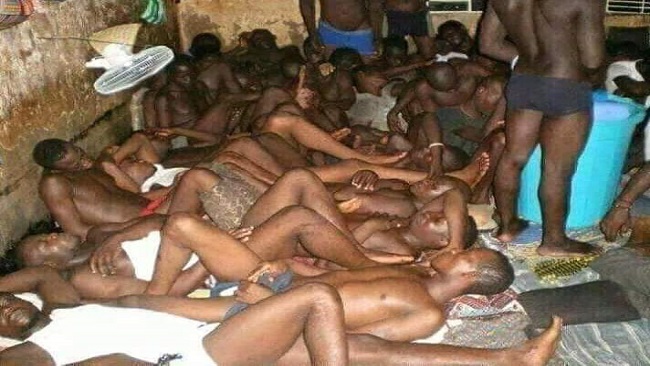Biya regime: role of special services and units in the systematic practice of torture
The World Organisation Against Torture (OMCT) and the signatory organisations, members of the SOS-Torture Network and partners have submitted an alternative report to the United Nations Committee against Torture (CAT) on the situation of torture and ill-treatment in Cameroon, in the context of the 81st session of the CAT, which will take place on 13 and 14 November 2024.
Since the Boko Haram insurgency in 2014, Cameroon has faced a violent security crisis during which massive human rights violations have been committed by both government security forces and non-state armed groups.
Moreover, the outbreak of the Anglophone crisis in 2016 has made the use of torture by the security forces and armed separatists an instrument that benefits from extenuating circumstances. Torture is now practised and tolerated by the state in so-called exceptional circumstances: that of the fight against terrorism, whose broad definition allows special intelligence services, special forces and units of the police, gendarmerie and army to implement a punitive strategy against entire communities accused of hiding or collaborating with separatist groups. Thus, the use of Law No. 2014/028 of 23 December 2014 on the repression of acts of terrorism undermines the efforts made by Cameroon to establish a legislative and institutional framework that formally prohibits torture and grants important legal guarantees to people deprived of their liberty. This systematic use of violence, including against human rights defenders and journalists who denounce the abuses committed by the State, is of concern to civil society organisations in the context of the 2025 elections.
In prisons, the use of pre-trial detention has increased, leading to overcrowding in dilapidated prisons, some of which have occupancy rates of over 600%. The limited access of civil society to places of deprivation of liberty, particularly since the Covid-19 pandemic, is a major obstacle to regular and independent monitoring of conditions of detention and the treatment of detainees.
This report identifies the challenges and proposes recommendations for the implementation of the State’s obligations under the Convention against Torture. In particular, it describes the following concerns:
Tolerance and practice of torture in the name of the fight against terrorism
Inadequacy of Cameroon’s legislative framework to criminalise torture
Failure to respect legal safeguards and the dignity of people deprived of their liberty
Lack of judicial proceedings against perpetrators of torture
Lack of access to reparation and rehabilitation for victims of torture
Lack of independence and resources of the Cameroon Human Rights Commission and the National Mechanism for the Prevention of Torture
Source: omct




